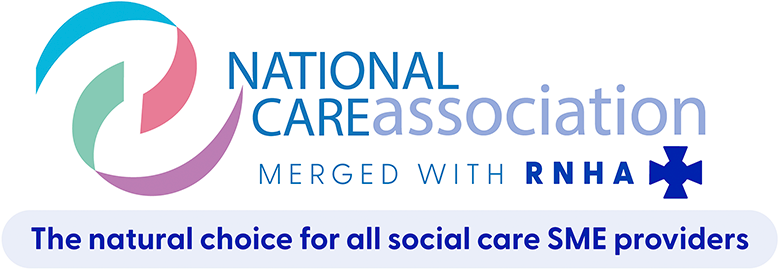Resources
Useful Links
Here you can find useful links.
Nearest Pharmacy
Search for your nearest pharmacy including; Lloyds Pharmacy, Boots Pharmacy, Well Pharmacy, Tesco Pharmacy, Rowlands Pharmacy and Asda Pharmacy and independent local pharmacists.
Use the filters to search pharmacies open now, late night pharmacies or your nearest 24 hour pharmacy.
Webinar Catchup: Best Practice in Dining for People Living with Dementia
When it comes to mealtimes, do you know what best practice is and how you can create a positive environment for people living with dementia? Learn more from QCS and apetito experts in our latest webinar.
What you will learn:
This webinar is an opportunity for you to clearly understand the best practices for dementia friendly dining.
The discussion will cover:
- How dementia friendly dining positively impacts the wellbeing and health of those living with dementia
- Enabling independence as much as possible when dining
- Creating the optimum environment when dining for people living with dementia
You can now catch up on the webinar below:
Webinar Catchup: Best Practice in Dining for People Living with Dementia - Dementia | QCS Blog
The Complete Guide to Insomnia - and How You Can Manage It
The guide shares comprehensive information such as:
- An in-depth look at insomnia: what causes it, the different kinds of insomnia, and its effects on health and wellbeing.
- Advice for managing insomnia effectively with stress management and relaxation techniques, proper diet and exercise, good sleeping environment, CBT, and mindfulness meditation.
- How certain medications and treatments can affect sleep, the importance of routine for good sleep hygiene, and why you should keep a sleep journal.
- Links to other useful resources and websites to better understand and develop good sleeping habits.
Understanding the male menopause and mental health
In this guide, we’ll discuss all aspects of the male menopause. From spotting the early signs, to finding out what you can do to alleviate the symptoms, find out what you can do to tackle the challenges of the andropause.
COVID-19: Managing the COVID-19 pandemic in care homes for older people
The COVID-19 pandemic raises particular challenges for care home residents, their families and the staff that look after them. This guidance has been developed to help care home staff and NHS staff who work with them to support residents through the pandemic. This is Version 3 of this document.
Coronavirus Fact Sheet
To support you to prepare your staff , service users and business , the QCS Coronavirus Fact Sheet will help you cascade information to your staff, kick start any actions you might need and make sure you have the right systems and procedures in place should you need it.
Hoping to study or work in the UK? Guidance for international doctors and students
BMA has launched a new resource ‘Hoping to study or work in the UK? Guidance for international doctors and students’ to provide a high-level overview of the sequence of steps they will need to take, such as applying for training, getting GMC registration, a visa and a job offer.
Care homes briefing 183 – Competitions and Markets Authority advice on charging fees after death
On 31 May 2018 the Competition and Markets Authority (CMA) published guidance on the charging of fees after a resident’s death and the treatment of their possessions. A public consultation was held by the CMA earlier this year following concerns about excessive fees being charged following the death of a resident.
How Dogs Can Help with Mental Health – Mind Boosting Benefits of Dog Ownership
For members running care homes for older people, this article should be read not as resident’s owning and looking after dogs, but as the care home being open to them (either as visitors or living in the care home cared for by staff), and giving many of the benefits mentioned in the article to the residents, and staff as well.
Learning Disabilities Mortality Review
The University of Bristol has produced guidance on how to embed the Learning Disabilities Mortality Review (LeDeR) Programme in existing systems in social care provider organisations.
By participating in the programme, you will help to ensure that the learning from every death of a person with learning disabilities contributes to improving practice, both locally and across the sector.












